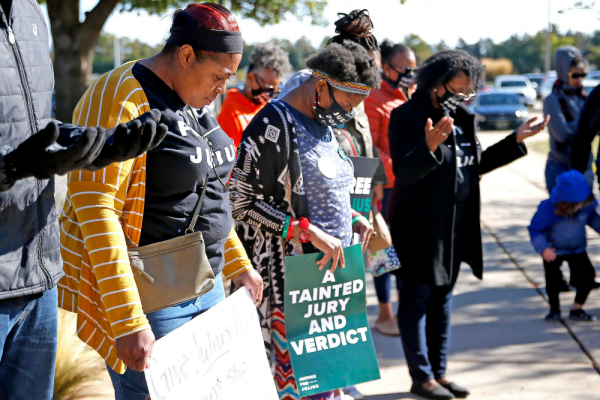Nov 11, 2021
I am troubled about Oklahoma’s recent decision to reinstate the death penalty and to resume state executions. I know you are a Christian, governor. As a Christian minister myself, I believe that capital punishment should end.
But I am not writing to you today to debate policy; the occasion for my letter is much more urgent: The decision to kill Julius Jones or to spare his life rests in your hands.
Read the Full Article

Already a subscriber? Login
